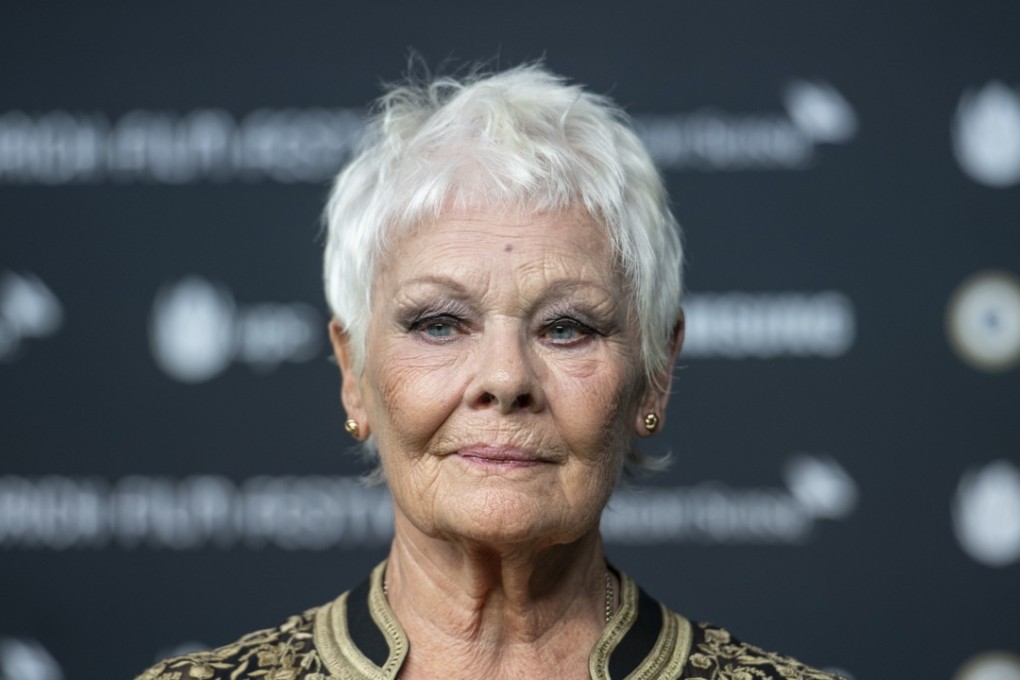Blowing Water | Loyalty has its limits, but the court of public opinion is no place to find real justice and the #MeToo movement needs to remember that
- Judi Dench’s decision to speak up for Kevin Spacey was brave, but misguided loyalty can be a dangerous thing

When renowned Oscar-winning actress Judi Dench defended Kevin Spacey after he was cut from the film All the Money in the World, it inevitably caused a stir.
But nonetheless, most reactions were not vicious, and critics mainly regarded it as an act of kindness. Dench said she extended a friendly hand to the embattled actor, simply because he was a good friend to her after her husband died.

Dench went further, and questioned the decision to take Spacey out of the film. In some ways, she was hitting back at the court of public opinion, and defending the principle of innocent until proved guilty.
Speaking up for someone considered to be a sexual predator in the midst of the #MeToo movement may have taken guts, but how far can blind loyalty take us?
People were less kind when Julie Chen gave her unequivocal support to her husband Leslie Moonves, who resigned as chairman of CBS, following multiple allegations of workplace sexual abuse. Venomous comments abound – some attacked her loyalty, and some questioned her motives in standing by him.
